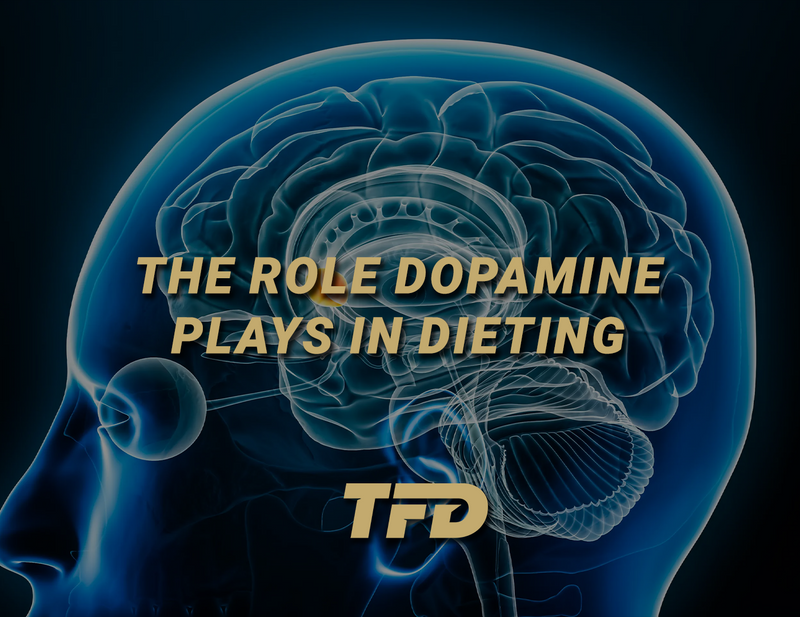
Did you know that dopamine plays a key role in your ability to effectively stick to a diet? Probably not, but that is okay because most people don’t! This is also a major reason why most struggle so hard to stick to a diet despite being motivated and disciplined!
That’s because the same system that makes you motivated and disciplined in other areas of your life is the same one that has been developed to make dieting difficult. It’s a sticky situation to be in but one that can be rectified given you know how to ‘reset’ these pathways.
Firstly, we need to understand what dopamine is and how it creates these negative diet behaviours. It is a neurotransmitter in the brain that plays a crucial role in motivation, pleasure, and reward-seeking behaviour. When it comes to dieting, dopamine plays a number of key roles.
It is released whenever we eat hyper palatable foods, think foods that are high in both fat and sugar. This release means that our brains reward us for seeking these types of foods out. Even though this was once an evolutionary advantage, it is counterproductive when dieting.
The constant release of dopamine is also a key process in forming habits, so when we are stuck in eating habits such as snacking we find ourselves in what are called ‘habit loops’. These habit loops then become so engrained they almost feel subconscious. Ever found yourself standing in front your pantry without knowing how you got there? That’s a habit loop.
To be able to stick to a diet long term you need to have delayed gratification. However, the short term pleasurable effects of dopamine make this difficult. Have you ever craved a greasy burger only to regret it the second you finish? Being able to train your brain to resist immediate pleasure for long term benefit is key for effective dieting.
Stress can also lead to short term cravings induced by a need for a hit of dopamine. This response can make sticking to a diet incredibly hard during stress work or life events and is a huge reason why many people find themselves snacking on chocolate or chips when they are under pressure from work or their family.
So what can you do? We have learnt over the years that in order to implement a diet for the long term that you need to focus on ‘reseting’ these dopamine dependant behaviours. You do that by; consuming a wholebased diet with minimal processed foods, staying adequately hydrated, consistently exercising or moving your body each day, having a structured eating plan, understanding the amounts of food you can eat to optimally fuel your body, understanding when the best times to eat food for your lifestyle.
This may not sound as sexy as what some weight loss magazines will sell but we know it works because we have done it with thousands of athletes and everyday people who want to get the most out of their diet.
